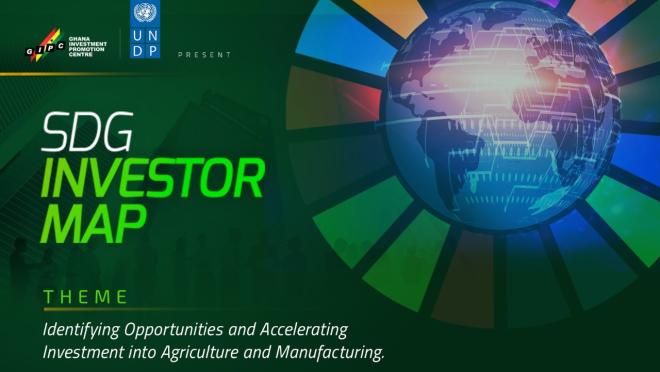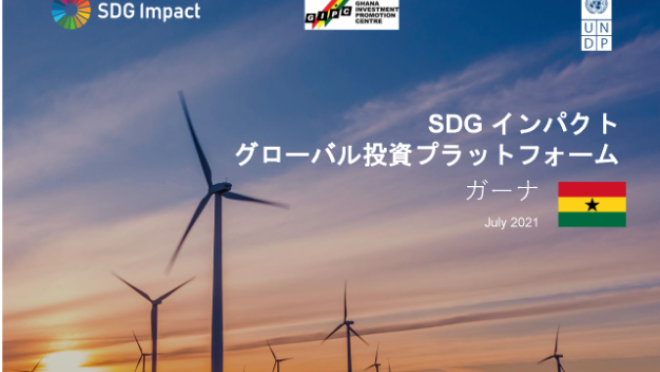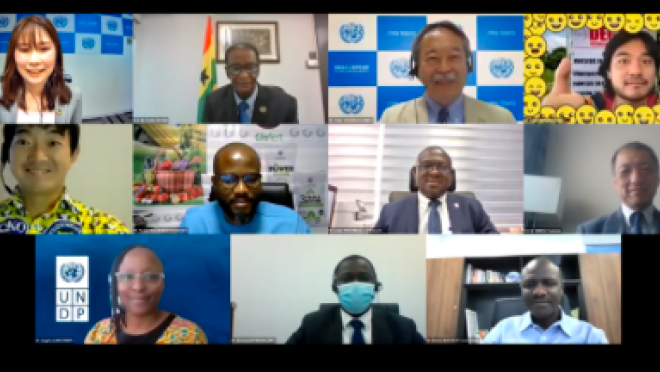Ghana has marked some recent successes, such as planting for food and jobs and free secondary education. But President Akuffo-Addo also faces challenges fulfilling some of his election pledges—including setting up a factory in each of the nation’s 216 districts, one dam for every village and providing free high school education.
Real GDP growth was 6.5% in 2019 in the country, up from 6.3% in 2018. The services sector contributed most to economic growth in 2019 (2.8 percentage points), followed by industry (2.4 percentage points) and agriculture (1.3 percentage points). Growth in non-oil activities slowed to 5.8% from 6.5% in 2018. The robust services sector growth (7.6%) was driven by strong expansions in Real Estate (up 19.9%) and information and communication technology (ICT) (up 46.5%) activities, while growth in industry was mainly supported by mining and quarrying. Agriculture grew by 4.6%, supported by favorable weather conditions and the Government’s flagship program Planting for Food and Jobs.
The headline fiscal deficit was 4.7% of GDP in 2019, while the overall fiscal deficit, including financial and energy sector costs, reached 7% of GDP, the same level as in 2018. Total revenues at 14.8% of GDP were 0.3% of GDP higher in 2019 than in 2018. The government’s commitment to close the financing gap for the comprehensive Energy Sector Recovery Program (ESRP), which began in May 2019, added an estimated 1% of GDP to the budget. Furthermore, the financial sector clean-up, which started in 2018 and progressed into 2019 with a broader mandate to resolve insolvent banks and reform Special Deposit-taking Institutions, resulted in an additional cost of 1.3% of GDP to the fiscal budget.
13
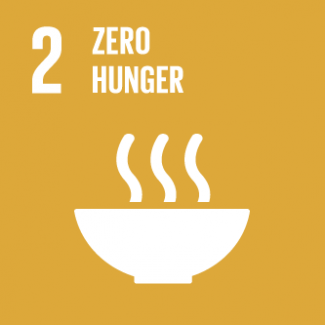
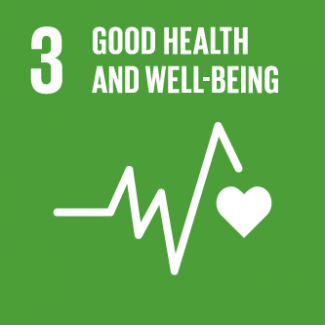
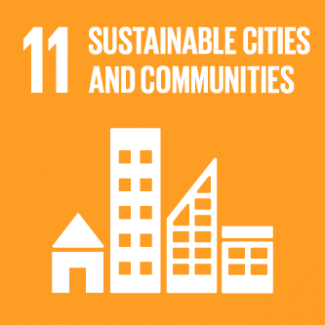
Food and Beverage, Infrastructure, Health Care
0.611
How is this information gathered?
SDG Investor Maps employ an 8-step methodology, combining data research and stakeholder consultations to identify Investment Opportunity Areas (IOAs) and potential business models with significant financial and impact potential.
Disclaimer
UNDP, the Private Finance for the SDGs, and their affiliates (collectively “UNDP”) do not seek or solicit investment for programmes, projects, or opportunities described on this site (collectively “Programmes”) or any other Programmes, and nothing on this page should constitute a solicitation for investment. The actors listed on this site are not partners of UNDP, and their inclusion should not be construed as an endorsement or recommendation by UNDP for any relationship or investment.
The descriptions on this page are provided for informational purposes only. Only companies and enterprises that appear under the case study tab have been validated and vetted through UNDP programmes such as the Growth Stage Impact Ventures (GSIV), Business Call to Action (BCtA), or through other UN agencies. Even then, under no circumstances should their appearance on this website be construed as an endorsement for any relationship or investment. UNDP assumes no liability for investment losses directly or indirectly resulting from recommendations made, implied, or inferred by its research. Likewise, UNDP assumes no claim to investment gains directly or indirectly resulting from trading profits, investment management, or advisory fees obtained by following investment recommendations made, implied, or inferred by its research.
Investment involves risk, and all investments should be made with the supervision of a professional investment manager or advisor. The materials on the website are not an offer to sell or a solicitation of an offer to buy any investment, security, or commodity, nor shall any security be offered or sold to any person, in any jurisdiction in which such offer would be unlawful under the securities laws of such jurisdiction.




















